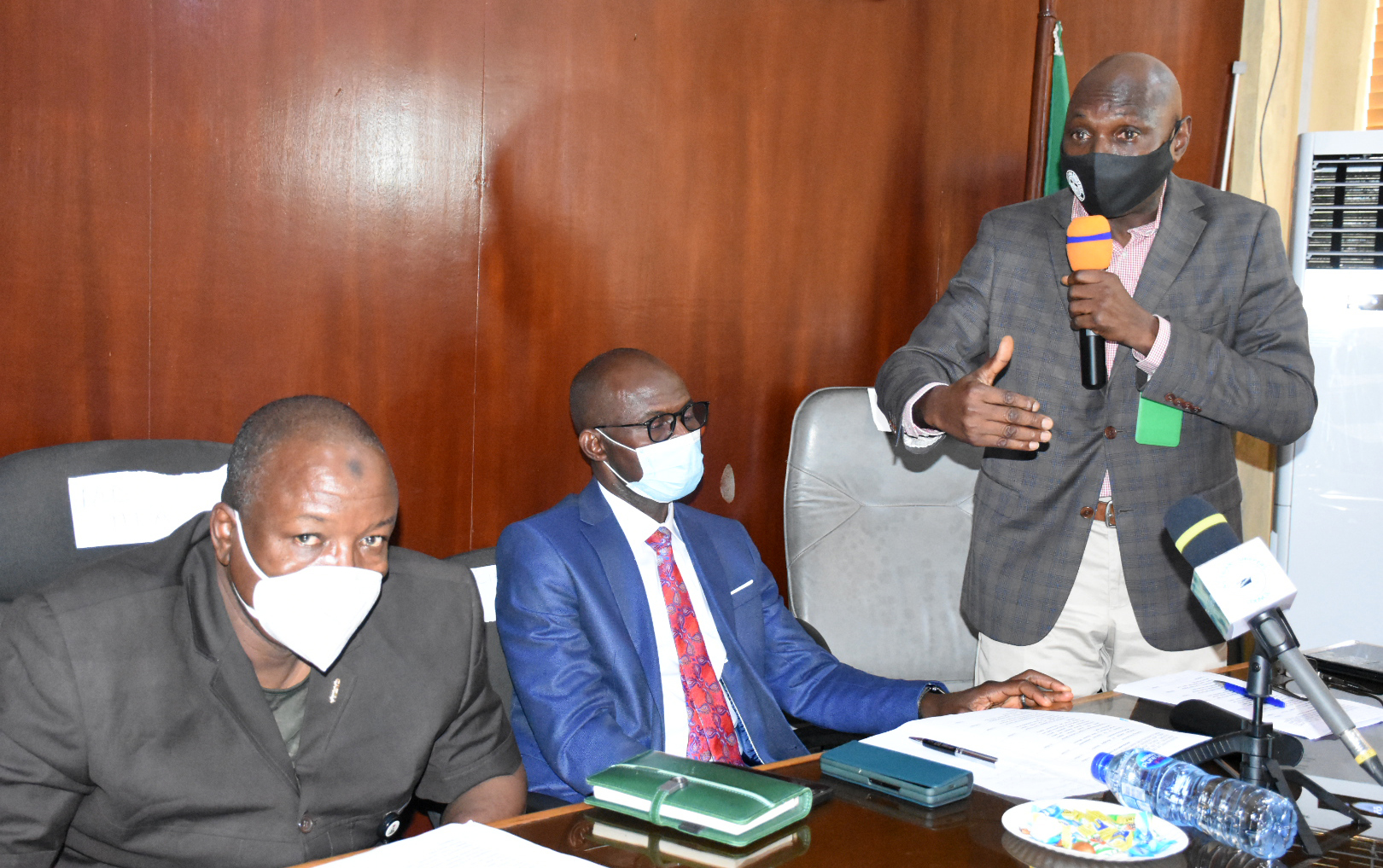Business
Reps Probe N275bn Agric Loans Under Yar’Adua, Jonathan, Buhari

The House of Representatives has resolved to investigate the disbursement of loans and credit facilities by the Federal Government in the agriculture sector since 2009.
The period under review covers the administrations of the late Umaru Yar’Adua, Goodluck Jonathan as well as the present President, Muhammadu Buhari.
The resolution was sequel to the unanimous adoption of a motion moved by Hon. Chike Okafor at the plenary last Wednesday, titled ‘Need to investigate disbursements of all agricultural loans/credit facilities to farmers from 2009 to date to enhance national food security’.
Okafor said, from 2009 to date, the Federal Government had approved the disbursement of funds to farmers in various schemes to the tune of over N275billion, ranging from Commercial Agricultural Credit Scheme to the Nigeria Incentive-Based Risk Sharing System for Agricultural Lending, to help farmers improve agricultural production and guarantee food security in Nigeria.
The lawmaker also noted that apart from increasing food supply, the schemes were to grant agricultural loans to large and small-scale commercial farmers to lower the prices of agricultural produce, generate employment and increase foreign exchange earnings.
He said, “The House is aware that since the approval, most farmers have not been able to access the loans due to stringent requirements being demanded by banks from prospective borrowers and the alleged siphoning of over N105billion meant for farmers by management of NIRSAL.
“The House is concerned that food production has not attained the expected level, despite the approval of over N275billion facilities to farmers.
“The House is worried that the projected diversification of the economy from oil production to agricultural production and increase in agricultural output, food supply and promoting low food inflation will not be achieved if farmers are unable to access loans meant to increase agricultural production”.
Adopting the motion, the House resolved to mandate the Committee on Banking and Currency to “investigate disbursements and compliance of all agricultural loans/credit facilities to farmers from 2009 to date to enhance national food security in the country”.
Business
Fidelity Bank To Empower Women With Sustainable Entrepreneurship Skills, HAP2.0
Business
President Tinubu Approves Extension Ban On Raw Shea Nut Export
Business
Crisis Response: EU-project Delivers New Vet. Clinic To Katsina Govt.
-

 Education5 days ago
Education5 days agoElga boss tasks law students on academics strides
-

 News1 day ago
News1 day agoAmend Constitution To Accommodate State Police, Tinubu Tells Senators
-

 Politics1 day ago
Politics1 day agoSenate Urges Tinubu To Sack CAC Boss
-

 News1 day ago
News1 day agoDisu Takes Over As New IGP …Declares Total War On Corruption, Impunity
-
Business2 days ago
President Tinubu Extends Raw Shea Nuts Export Ban To 2027
-
Business2 days ago
Crisis Response: EU-project Delivers New Vet. Clinic To Katsina Govt.
-

 Business2 days ago
Business2 days agoPENGASSAN Rejects Presidential EO On Oil, Gas Revenue Remittance … Seeks PIA Review
-
Business2 days ago
FG Pushes Cassava Bioethanol Drive To Boost Industrial Growth

